|
Though we're halfway through February the weather in Central Ohio continues to behave as if we've just plunged into the deep end of January. Here in Columbus the snow is blowing in the air and after an early-morning high of 22 degrees the temperature will begin a slow descent until it reaches the one-digits by Saturday. Ugh. Double ugh. However one thing I've learned is that kvetching about the weather won't make it warm up any faster. If it did, believe me, my own efforts alone would be sufficient to have already ushered in the pre-spring thaw. But alas, my non-stop griping about the cold weather seems to falling upon deaf cosmic ears. Or maybe all my meteorologic whining is actually bringing about bad weather Karma that's keeping the temperatures in the area around me in the frigid zone. In any case, the thought occurred to me that maybe I should just make myself a fire, a cup of hot water with lemon, and a pot of soup and shut up about being cold. So That's what I've been doing. Last Sunday I tried a soup recipe that I got from my daughter Maria, ...who lives in Los Angeles where the temperature is currently 82 degrees. But as it's we here in the heartland along with our East Coast brethren who are currently in need of a little internal warmth, I'll share the recipe for this delectatious but quick-to-make soup in hopes that it will help when the cold wind doth blow. Which it continually doth.
4 Comments
I'm pretty sure I never had measles when I was young since I have no memory of it and I've observed that those of my generation who did have measles tend to still remember. Fifty or sixty years later they'll still talk about how miserably sick they were. But just to make sure I called my 94-year-old mother a couple of days ago to ask her about it. My mom said she didn't recollect me having measles but she remembered that two of my bothers were very sick with measles at the same time. She recalled their high fevers, that my father, a doctor, brought home doses of gamma globulin to try and bolster their immune systems, and that our pediatrician was so worried that he even stopped by a couple of times after his office hours to check on them. That was back when 1 in 500 hundred children infected with measles died from it. I asked my mom if she knew of children back in her day who suffered from the bad complications that can develop from measles: pneumonia, deafness, or encephalitis. She couldn't remember anymore. But she still remembers how dangerous measles could be, as well as the terrible damage that could be inflicted by rubella, or German measles . Back before the measles, mumps and rubella vaccine all but wiped out those diseases in our country, pregnant women who'd never had German measles and therefore had no immunity lived in fear of being exposed to the disease as it could cause birth defects such as deafness, eye damage, heart defects, mental retardation, and liver damage in their unborn child. My mother still can't forget how early in her pregnancy with my youngest brother my older brother came down with rubella. As my mother had never had the disease all she could do to protect her unborn child was get a shot of immunity-boosting gamma globulin and pray that she wouldn't be infected. As my mother no longer cares to follow the news much - it's all too depressing - she wasn't aware that measles and mumps outbreaks have been slithering their way across the country. So I told her about the outbreaks. "Oh, ye gods!" was her response. "Don't they have a vaccine for those?" I told her about the anti-vacciners who won't allow their children to be inoculated, and so these diseases have been making a comeback the last couple years. When my mother asked why in the world people wouldn't vaccinate their children I told her about the belief among some that the MMR vaccine causes autism. My mother couldn't believe it. "Has that been proven?" she asked. I told her that the theory that the vaccine causes autism was somebody's wild idea but that the theory has since been thoroughly investigated and disproved by scientists. It's a snake-oily old wives' tale that some people cling to as the truth. "Oh, how can people believe that stuff?" my mother asked, albeit rhetorically. "Because they've nevef seen measles," I answered, channeling my children's first pediatrician, Dr. Lillian Marks. Dr. Marks was a pediatrician who had a practice in Whitehall, the urban Columbus suburb where Tom and I lived before we moved our family to Gahanna. Dr. Marks was already in her 70's back when she began treating my children in the late 1970's, and when administering vaccination shots to them she would coo, "Oh, I know you don't like this, but it's better to get one shot than to get very sick and have to go to the hospital and get many shots, like children used to have to do." She'd then sometimes recall scenes from when she was a young doctor in Chicago of hospital wards filled with suffering children from epidemics of diseases that vaccines were in the process of wiping out by the 1980's. "If you ever saw a ward full of children with measles or whooping cough," she'd say, "and their mothers having to sit by them and watch them suffer... " She'd shake her head then emphasize how fortunate we were not to have to see those terrible epidemics anymore, thanks to the vaccines. Except that the current anti-vacciner movement and flabby public health regulations may change that. Which leaves me wondering whether I, who've never had measles, should look into getting an MMR shot myself. "I'd go ahead and get the shot," my Mom suggested. "And," she added, "be sure and wash your hands a lot." That I shall most certainly continue to do. The big news in the reading world has been the revelation that iconic American author Harper Lee wrote a second novel, or rather a first novel, written prior to "To Kill A Mocking bird".
The manuscript of the first never-published novel, entitled "Go Set A Watchman", was found by Tonja Carter, Ms. Lee's attorney and guardian who in Harper Lee's behalf gave the manuscript to a literary agent who brought it to the publisher HarperCollins. HarperCollins snapped up the novel and plans to initially print two million copies which will go on sale in July. Pre-orders have caused "Go Set A Watchman" to zoom up to number one on the Amazon bestseller list five months in advance of its publication. It seems that the whole country is anxious to read "Go Set A Watchman". I'm anxious to have a look at it myself. Even though I, along with many others, feel troubled by the circumstances surrounding its publication. Harper Lee, who suffered a stroke in 2007, is 88 years old and resides in an assisted living facility in her hometown of Monroeville, Alabama. According to those who know her she is frail, almost deaf and blind and, depending on who you wish to believe, is either still mentally sharp or not fully capable of making her own decisions. But Tonja Carter, considered the gatekeeper between Harper Lee and the rest of the world, is the one who now speaks publicly for Harper Lee. Carter quoted Ms. Lee as saying that she was "alive and kicking and happy as hell with the reactions to Watchman". In a press release by HarperCollins Ms. lee is also quoted, through Tonja Carter, as saying of the manuscript: "I hadn't realized it had survived, so I was surprised and delighted when my dear friend and lawyer Tonja Carter discovered it. After much thought and hesitation I shared it with a handful of people I trust and was pleased to hear that they considered it worthy of publication. I am humbled and amazed that this will now be published after all these years." Carter also added that Ms. Lee was "hurt and humiliated" by accusations that she was duped into agreeing to have her manuscript published. Are we to believe, then, that all this eloquent public speaking is suddenly coming from Harper Lee, famous for her fierce privacy, reclusive shyness and desire only to be left alone? That it's from the same person who has made repeated declarations that she never wished to write or publish another novel? But now, if Tonja Carter and the editors at HarperCollins are to be believed, Harper Lee has suddenly changed her mind. Changed her whole personality, in fact. Harper Lee's older sister Alice, who used to be her sister's protector before her recent death at 103, said a few years ago that "Harper can't see and can't hear and will sign anything put before her by anyone in whom she has confidence." Some consider it suspicious that the deal for Harper Lee's manuscript was made so soon after Alice Lee's death. But aside from the questions of whether the publication of "Go Set A Watchman" goes against the wishes of it author who may be unable to speak for herself and whether Harper Lee is being manipulated and misused by someone she trusts, this whole story at first brought up another question for me: how could any writer, even if she were the most reclusive hermit on the planet not want her work published? We writers exist to be published. We flood agents and editors with our manuscripts, we self-publish, we yearn and burn to see our words in print, to have them read by others. We'd almost sell our souls for the sublime gratification of knowing that our writing is good enough that someone will actually pay us for it. So even though Harper Lee vowed never to write another book what reason could she have possibly had all these years for not seeking the publication of "Go Set A Watchman"? I found a possible answer in a New York times article that came out two days ago. According to this article Harper Lee did once submit "Go Set A Watchman" for publication. But the editor at HarperCollins who read the manuscript rejected it. He suggested that she re-write the novel, re-set it from the present to the heroine's past and tell a similar story from a child's point of view. Harper Lee followed the editor's advice and re-wrote then re-submitted the novel, which was published in 1960 under the title "To Kill A Mockingbird". Now, I think it's interesting that although "To Kill A Mockingbird" sold 40 million copies, won a Pulitzer Prize and was proclaimed one of America's greatest literary masterpieces, until now neither Harper Lee nor HarperCollins has ever sought to publish "Go Set A Watchman" as a sequel. It seems to be an effort that both parties wanted forgotten. And yet the current editor at HarperCollins has proclaimed to be "Go Set A Watchman" to be "fantastic." But with predictions that this book will be the sight-unseen best-seller of 2015 and with advance orders already promising to reap in millions upon millions for everyone involved in its production, what difference does it make if the book is fantastic or dreadful? Who'll care? Besides the person who wrote it? 1. "How Harper Lee's Long-Lost Sequel Was found", Russell Berman, The Atlantic, February 4, 2014. 2. "Harper Lee is 'Happy As Hell' About New Book", Maria Puente, USA Today, February 5, 2014. 3. "After Harper Lee Novel Surfaces, Plots Arise", Alexandra Alter and Sergei Kovaleski, The New York Times, February 8,2015. 4. "Does Harper Lee REeally Want Her Novel Published--And Do Her Wishes Matter?", Michael Hiltzik, Los Angeles Times, February 9, 2015. 5. "Harper Lee 'Extremely Hurt' By Mockingbird Sequel Claims", BBC News, February 9, 2015. A couple of weeks ago I was listening to the NPR program All Sides With Ann Fisher. Ms. Fisher's subject that day was a study released by the Pew Research Center that sought to determine whether our prolific use of social media, especially Facebook, was causing more stress in our lives. The study was conducted by Keith Hampton, an associate professor of communications at Rutgers University who used a well-established scientific stress-measuring method called the Perceived Stress Scale. He tested a random sampling of 1800 American adults. Dr. Hampton's starting point for his investigation was the hypothesis that Facebook use increases stress in people's lives as it not only cuts into their time but instills in them jealousy and insecurity and a fear of missing out from reading about all the positives in other peoples' lives that may be absent from one's own existence. So, after completing the study and extrapolating the evidence Dr. Hampton came to the following conclusions: In men, Facebook use does not increase stress. In women, Facebook use decreases stress. In fact women tend to use Facebook as a stress reliever. This, according to the study, is because women tend use social media as part of their support system and because women benefit emotionally from the social sharing that takes place on Facebook. According to the study, Facebook seems to be evolving more and more into a venue of giving and receiving positive affirmation and empathy among women. To which I reply: I knew it! I knew Facebook was a good thing despite the disparagement it often receives for the negative outcomes the Pew study set out to prove it causes but ended up disproving. In truth, before I became a Facebookie I was among the crowd within my generation who looked down our noses and proudly sniffed that we couldn't be bothered with Facebook. I was part of that vintage crowd whose members opined that that sort of thing was for the youngsters anyway and unless you were young enough to wear this: ...then you really didn't need to be Facebooking.
Not that I had a clue what I was talking about. Until I joined Facebook for the sake of seeing the photos my kids were supposedly all the time posting but I was missing. And I began experiencing, well in advance of it publication, the happy effect that the Pew study attributes to Facebook use. But besides being support-giving and affirming, I think that Facebook use can also be uplifting. It gives one the opportunity to say something nice to someone - or many people - throughout the day: compliment the photo of someone's grandchildren, congratulate someone's kid's accomplishment, marvel at a beautiful photo of a natural wonder, thank someone for some interesting and insightful information, let someone know that you appreciate whatever it is that they've shared. Press their "Like" buttons. In other words, Facebook can be used as a daily exercise in niceness. And after you've written half-a dozen nice things and pressed half a dozen more "like" buttons, you know, you start feeling kind of good yourself. Just a little momentary lift. But every little bit helps, right? I suppose on the other hand Facebook could theoretically be used - and doubltless is used - for the opposite purpose - as a forum to spout snarky, bitey, one-uppity put-downs. But not on my time line. I spoke to Claire yesterday.
When I called she was out for a walk with some of the other Partners In Health nurses around the Yengema Airport which is located near the Diamond Hotel where the PIH staff stays. Though once the main airport that served the diamond district of Kono and one of the busiest airports in the country, Yengema Airport has been shut down by the Ebola epidemic and is now, according to Claire, eerily empty and quiet. Anyway, Claire is doing well and is content with her work tracking Ebola in the jungle area of Kono. Her days roll along the same routine: At 8 am her driver picks her up at the Diamond Hotel and they take the half-hour ride over treacherously broken and pot-holed roads to her 12-bed clinic, which is not a building but a set of tents and tarps set up in a clearing in the jungle. They have a generator to light the clinic at night but there's no electricity during the day. Their drinking water is pre-packaged while the rest of the water used in the clinic is brought in by workers who get it and carry it over from a nearby pump. As there is no refrigeration Claire packs the patients' lab work in boxes and gives the boxes to the clinic courier who bungee-cords them to his motorcycle then transports them to the National Hospital in Koidu Town, an hour and a half away. Claire runs the clinic now and supervises three kind and hard-working young Sierra Leonean nurses as well the rest of the clinic staff, the driver, the courier, the water bringers, the chlorine-sprayers, the cleaners. An Indian Partners In Health doctor has also been coming to the clinic to help for the past few days. Her workday ends at 6pm at which time her driver returns her to the Diamond Hotel while the Sierra Leonean nurses stay at the clinic to care for the patients overnight. Back at the hotel Claire will have dinner and meet up with the other PIH doctors and nurses who've also returned from their clinics. Claire has to suit up in her Ebola gear several times a day when she goes into the hot zone to treat the patients. I asked Claire how it is being suited up in Ebola gear in the 90 degree temperatures. "Intense," was her response. She did have a funny weather story, though I guess what you find funny about it depends on whether you see it from the American or Sierra Leonean point of view. So anyway, it's a humid 90 degrees there and the Americans are sweltering (even when they're not in their Ebola gear). The Sierra Leoneans, however, are freezing and are wearing their coats because 90 degrees is winter for them. They talk about how they're looking forward to the warmer weather when it gets back up to a comfy 102 degrees. And here are these American doctors and nurses walking around outside with no coats and sweating, even! [For a similar story see the post from 1/29/2014, "A Tale Of Two Winters] 8) Everyone have a wonderful weekend! So I'd decided that the next time I went to the Berekum African Market to buy phone cards I was going to buy some African food as well. (See post from 1/29/2015). I went back last Friday and stocked up on African Dream cards then I had a look around the market for something to buy. Most of the products carried there were foods and spices I wasn't familiar with and didn't know how to use or prepare. But I noticed the customer traffic was pretty brisk around one of the frozen food cases, so I walked over to see what it was that everybody was buying. So I decided on goat meat for my first try at African food. The skinless meat was about $4 a pound, the skin-on a bit cheaper, but I opted for a 1.64 lb. bag of the skinless bone-in goat meat. I asked the sales clerk, this time a friendly young Ghanaian man, what would be the best way to cook goat. He said first steam the meat then saute and season it and it would be delicious. But in truth I was thinking more along the lines of a nice stew over brown rice. Also in truth I was feeling a little insecure about the whole goat meat project. The truth is, I tend to feel a percentage point or two of insecurity whenever I'm fixing any red meat, even after all the years I've been fixing it. It just seems that there are so many ways a steak or roast or pork chop could go wrong, from undercooked to overcooked to tough to dry to greasy. I definitely feel more on my game with poultry. But anyway, I brought my goat meat home then headed for the internet. I perused several online goat stew recipes until I found one that looked simple and promising and could be fixed in the crock pot. Most of the required ingredients besides the goat meat were familiar and accessible: onions, garlic, carrots, celery, tomato paste, red wine, salt, oil, butter. But the recipe also called for half a scotch bonnet pepper. Now, I'd never heard of this kind of pepper before, and being a total spice wimp and therefore having an inborn suspicion of any kind of pepper, I decided to research what a scotch bonnet pepper might be before investing in one. I came upon a video on how to handle scotch bonnet peppers. It sounded like a warning for the handling of radioactive isotopes. The chef warned to wear gloves when handling the pepper because if the oil gets on your hand it's like "pure fire". He warned to be careful not to breath in the fumes when you cut it, to only use a small strip, in fact he suggested not cutting the pepper at all but just putting it in whole to cook in your stew or ragu then fishing it out when the dish was finished. He warned to to be very careful that it doesn't burst while cooking because this pepper is "very deadly". Did he mean that metaphorically or literally?, I wondered. To find out I next wikipedia'd the scotch bonnet pepper and this is what it said: "Scotch Bonnet...is a variety of chili pepper. Found mainly in the Carribbean islands, it is also in Guyana (where it is called Ball of Fire), the Maldives Islands and West Africa. Most Scotch Bonnets have a heat rating of 100,000–350,000 Scoville Units... For comparison, most Jalapeno peppers have a heat rating of 2,500 to 8,000 on the Scoville Scale." I think the chef must have been speaking literally. It's amazing the things we put into our mouths. Needless to say I decided to forgo the scotch bonnet peppers in my goat stew. It frightens me that such an object even exists in nature. Anyway, I decided to make the stew for Sunday dinner, figuring my son Tommy and my nephew Randy, who always come over to eat on Sunday, could share in the culinary experience, however it might transpire. As it turned out Randy had a Super Bowl gathering to attend but Tommy was excited about trying my interpretation of West African cuisine and volunteered to bring over some hummus and pita bread, which I believe is more germaine to East Africa, but I figured we could have sort of a pan-African food event. I ended up making a few changes to the online recipe, then I gathered up the ingredients, and on Sunday morning I got to work on my goat stew, which I call: No Scotch Bonnet Goat Stew 2 medium onions, chopped in large pieces 2 cloves garlic, chopped About a pound of baby carrots, sliced 4 stalks celery, chopped About 1 1/2 - 2 pounds bone-in goat meat Salt and pepper 1/4 cup vegetable oil 1/4 cup (1/2 stick) butter 1 6-ounce can tomato paste 1/2 cup red wine 1/2 cup water 1 beef bullion cube or 1 teaspoon beef bullion powder Lawry's garlic salt Directions Combine onions, garlic, carrots and celery a large bowl. Season the meat and vegetables with salt and pepper, and toss meat with the vegetables. Cover and marinate in the refrigerator for at least 2 hours. Heat the oil and butter in a large skillet, and add the meat/vegetable mixture, browning all sides of meats and cooking for a few minutes. Season the mixture with several shakes of the Lawry's garlic salt. Transfer the meat and vegetables to the crock pot. To the skillet add the tomato paste, wine, water, and beef buillon cube or powder. Heat until the cube or powder dissolves, stir until the tomato paste is smooth, loosening any bits of browned meat on the skillet. Mix with the meat and vegetables in the crock pot. Cook on low for about 6 hours. Though my expectations were guarded after I mixed all the ingredients and turned on the crock pot, after a few hours the house was filled with the most delectable aroma. I fixed a pot of brown rice and a pan of hot rolls: Tommy brought the hummus and pita bread: We scooped the stew over the rice: Was the No Scotch Bonnet Goat Stew good? It was delicious!
...Continued from yesterday: Now in retrospect I wonder if perhaps I had misinterpreted my friend's letter. Perhaps what I'd read was not exactly what she'd meant. Obviously what I read was not what she'd meant. Because when I found Tom at the Babenhausen Kaserne he handed me a letter from my friend addressed to me in care of him. My friend had gone back in the States. I was a little confused, but had some time to think through my situation because I spent much of the rest of the day in a jail cell in the post stockade. As it turned out Tom was on guard duty that day, he was the Kaserne Officer Of The Day, or KOD, as the position was called. Babenhausen was one of the smallest American Army posts in Germany, too small to have its own military police force. Hence the units took turns in shifts providing the policing for the post. The soldiers whose shift assignment was to guard the gate (which I'd whizzed through in the car of the soldier who'd picked me up along the highway) carried M16's and the officer in charge of his unit's shift, the Kaserne Officer Of The Day, wore a .45 caliber sidearm and big white helmet with the letters KOD printed on the front, which was what Tom was wearing when I met him that day. Of course the problem was that he was on duty and, me being technically an unauthorized presence on post, there was really no place for me to just wait around until his shift was up. No place except in the jail. So I waited in a cell, which was actually nice because the cells had comfortable beds and so I was able to take a nice nap after my long train ride from Paris. At that time Tom was renting two rooms (with a shared hallway bathroom) in town on the second floor of the home of a woman named Anna. He let me crash in one of his rooms. So, I had arrived in Germany with what I was wearing: jeans, a tee-shirt and sandals, and what I was carrying in my over-night bag: a pair of shorts, a skirt and blouse, a long summer dress, a sweater and some extra undies. I'd end up living out of the contents of that bag for the next month until I could get back to Paris to retrieve my suitcase. However I learned within a few days that, in spite of what my friend had heard, American Army posts in Germany seldom hired American tourists for their civilian jobs. For any jobs that weren't filled from States-side applicants first priority went to the qualified military spouses living on post, second priority went to German nationals, and if no one was available among the spouses or the locals, an American tourist could be hired. But as luck would have it, there was one such a position on the Babenhausen Kaserne that nobody else either wanted or was qualified for: the position of youth activities director. The post was in real need of someone to run the activities center for the children of the soldiers stationed in Babenhausen and living in the post housing area. So I had a job. As more luck would have it, one of Anna's sons owned an apartment building in Babenhausen and had a nice one-room efficiency that she arranged for him to rent to me. I had a place to live. As even more luck had it, in 6 months a better job opened up about 11 miles down the road from Babenhausen in the post craft shop (see post from 1/30/2015) in Aschaffenburg, a beautiful gem of a city at the foot of the Spessart Mountains along the Main river and known for its parks, walking streets, markets, and a castle that dates back to the early 1600's. Photos of Aschaffenburg: Me Sometimes the best-laid plans go awry and the awry-est laid plans go the best, right?
I do believe I'd have died a thousand deaths (or at least a hundred) if any of my children had done what I did: took off for Europe at 21 years old without a plan or any contact information except for the temporary address of a friend in Paris. Though I didn't exactly not have a plan when I stepped on that plane headed for Paris in June of 1973. I'd graduated from college without a plan, that much was true, but I did have a degree in French. I took a job in telephone sales (at which I was thoroughly mediocre, maybe even less than mediocre) while I cogitated upon my sort-of plan. I'd spent my junior year of college studying French language and culture at the Institut Catholique in Paris and now what I really yearned to do was work in Europe. I'd written to a French newspaper or magazine or two - I can't remember exactly which ones - and received some polite encouragement regarding my command of French, but no job offers. When a college friend of mine who was traveling around Europe with another friend sent me a letter insisting that I should come to Germany, that there were American Army posts all over the country, plenty of jobs to be had at the posts, and that we could live and work there together, I saw my plan fall into place. My friend suggested that we meet at Tom Liszkay's army post in Babenhausen, Germany and start our job- hunting there where we'd at least know someone. Sounded great to me. We both had Tom's address so I wrote to my friend in care of Tom, telling her I'd arrive in a month and I wrote to Tom, asking him how to get to his army post from Paris. A month later I took off for Paris with a suitcase, an over-night bag, $200 and instructions that Tom had sent on how to get to Babenhausen Kaserne, which was the name of the post where he was stationed. ("Kaserne" is German for army post). Marie-Paule and me in Paris ...and leave my suitcase with her in Paris while I headed to Babenhausen, Germany with my over-night bag to scope out the situation. And so after a few days' visit with Marie-Paule I hopped a train from Paris to Frankfurt, Germany and from Frankfurt to Babenhausen, a beautiful little town that had architecture dating back to medieval times. Babenhausen in winter time.
It was late Saturday afternoon, June 30, 1973 when I arrived in Babenhausen. When I stepped out of the train station I consulted Tom's directions, which instructed me to turn left in front of the station and head for the highway, then walk about half a mile until I came to the Babenhausen Kaserne on the right. While I was walking along the highway a car pulled up next to me. A friendly-looking young African American man leaned out the window. "Hi there," he called, his smile beaming. "Hello," I called back. "Where you going," he called, sounding even friendlier. I started explaining to him where I was going and who I was looking for when his face fell and he cut me off. "Wait a minute," he said, "you're American?" "Yes," I replied. "And you are, too, right?" "Yeah," the young soldier sighed. "Hop in, I know Lieutenant Liszkay. I'll get you through the gate." And so the soldier got me past the gate guard, drove me onto the post, asked around and found Tom for me. I thought of how lucky I was that a very nice soldier happened by and picked me up. It was only later I learned that the highway in front of the American Army post was where the soldiers picked up prostitutes. To be continued... 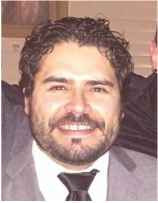 My son-in-law Miguel put up a comment on Friday's post asking what it was that compelled me to go to the trouble and expense of calling America the one time I did when I was living in Germany 40 years ago. (See Friday's post). He hoped it was some good news that I couldn't wait to share with my family. Well, as a matter of fact at one point I did have some good news that I couldn't wait to share: the news that Tom and I were engaged. But I didn't call home for that. Special and exciting as that news was, it was relegated to traveling by letter along with all the other mox nix news. Miguel So I didn't call because of good news. And I didn't call because of bad news. I called because my parents were coming to visit me the next day and in their last letter had asked me to call them the night before their flight to confirm from their end that everything was a go and from my end that I'd be there to meet them when they flew into the Frankfurt airport. Which to me at the time seemed a rather superfluous reason for which to have to schlepp over to the Deutsche Bundespost (see Friday's post) and rock a $2-a-minute overseas call. But then I was 24 years old and possessed of the typically free-wheeling world view of young people while and my parents were, well, my parents. Older people. They needed reassuring. Not like my siblings and the many friends my age who came over from the States to visit me while I was living in Europe. Back then we made all the arrangements for meeting up 4,000 miles away by letter. How did we manage to get times, dates, and places right? Eh, I don't remember now. But somehow we did. Of course there was the time two friends were coming to visit me and when I showed up to gather them at the Frankfurt airport they weren't there and I could find no information posted about the flight they'd told me they'd be arriving on. So I went up to the information desk and gave the clerk my friends' names and where they were flying from. I don't think I even had their flight number. The kind and helpful desk clerk did some research and was eventually able to track them down and tell me that their plane was held up in Bangor and would be six hours late. So I spent six hours waiting for my friends in the Frankfurt airport full of anxiety that their plane had somehow ended up in India. That was before I knew that Bangor was a city in Maine. But it all worked out. Of course there was always the risk that correspondence could get crossed, as it did the first time I ventured to Germany after having made arrangements by letter to meet up with a friend who was traveling across Europe and was going to meet me when I arrived. But as it turned out she wasn't there to meet me because she'd changed her mind about spending more time in Europe and was already back in the U.S. by the time I arrived in Germany. But that all worked out, too. My friend and I had originally planned to meet up at the American Army post in Babenhausen, Gemany where an old college chum, Tom Liszkay, was stationed. This was actually a terrible idea but of course neither my friend nor I knew that anybody couldn't just stroll past the rifle-toting guards onto an army post and then go wandering around looking for somebody. However I did end up staying and snagging a job with the Army. And things also worked out well regarding Tom. Which they probably wouldn't have if we'd had cell phones and email. |
"Tropical Depression"
by Patti Liszkay Buy it on Amazon: https://www.amazon.com/dp/B0BTPN7NYY "Equal And Opposite Reactions"
by Patti Liszkay Buy it on Amazon: http://amzn.to/2xvcgRa or from The Book Loft of German Village, Columbus, Ohio Or check it out at the Columbus Metropolitan Library
Archives
July 2024
I am a traveler just visiting this planet and reporting various and sundry observations,
hopefully of interest to my fellow travelers. Categories |

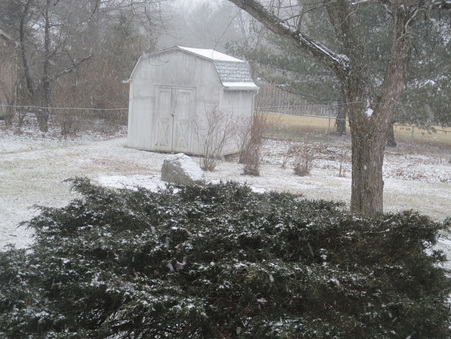
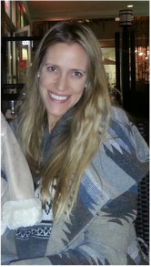


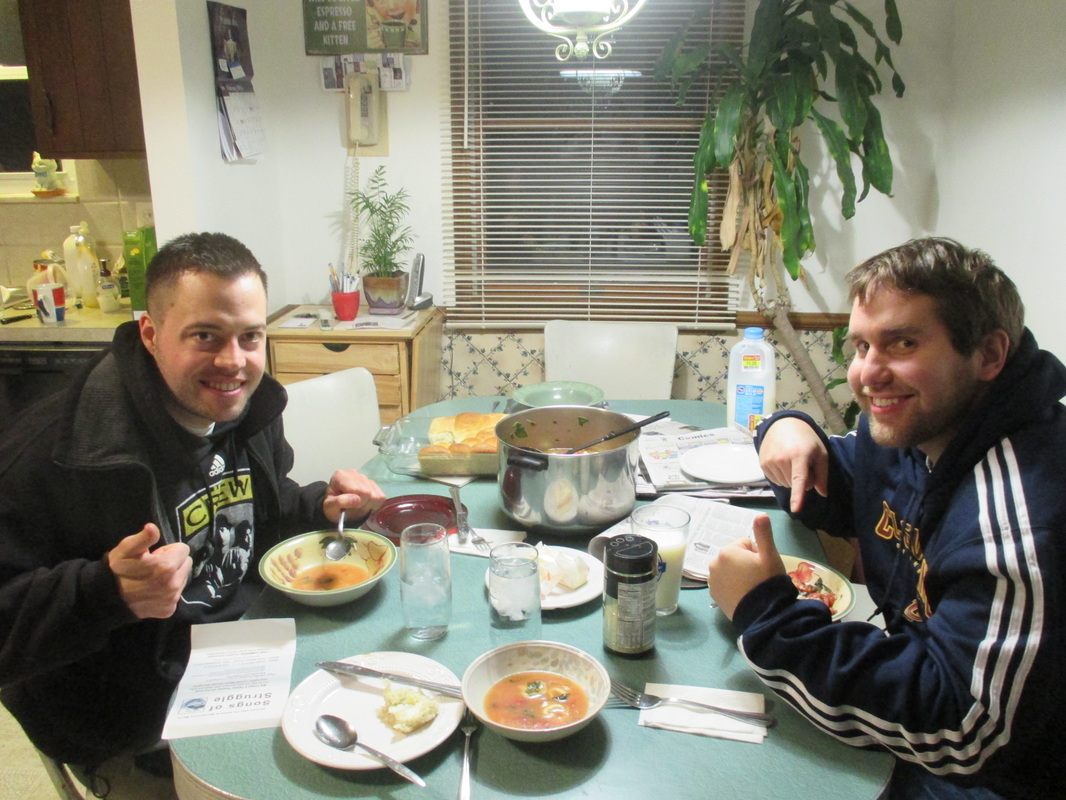
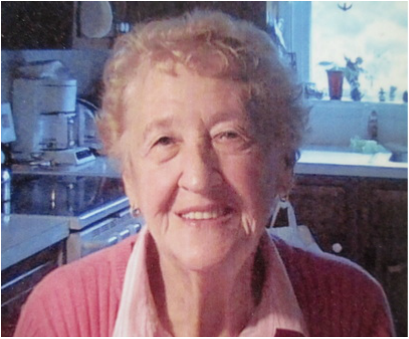








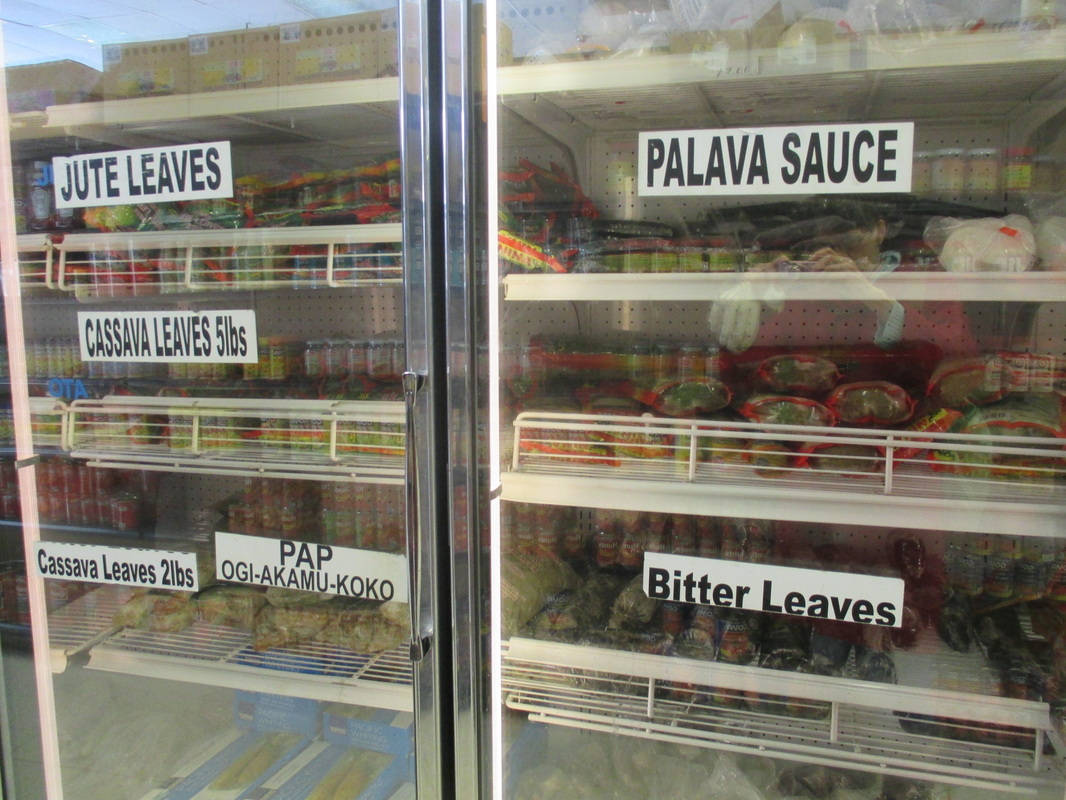
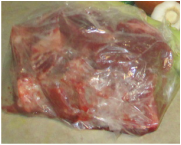

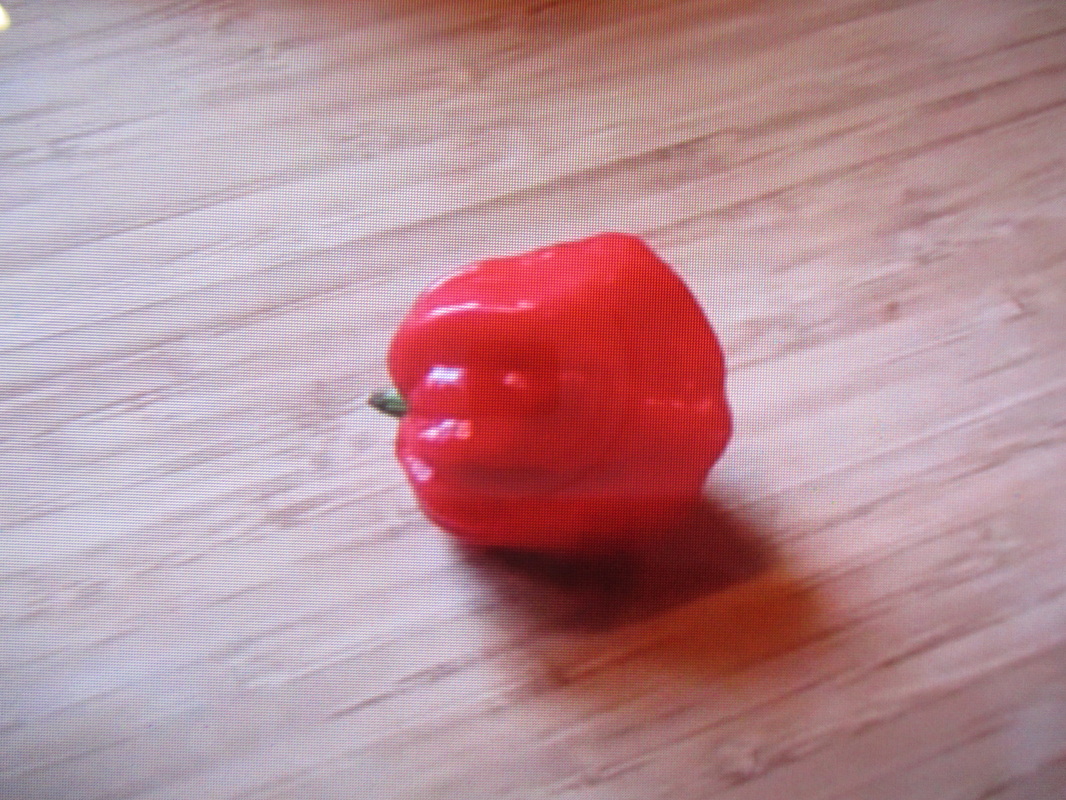


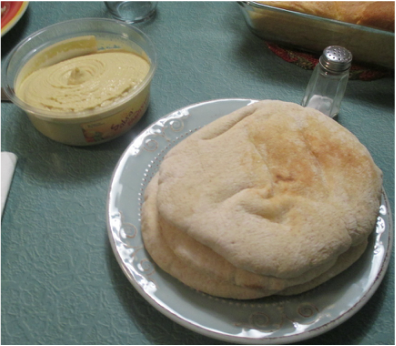

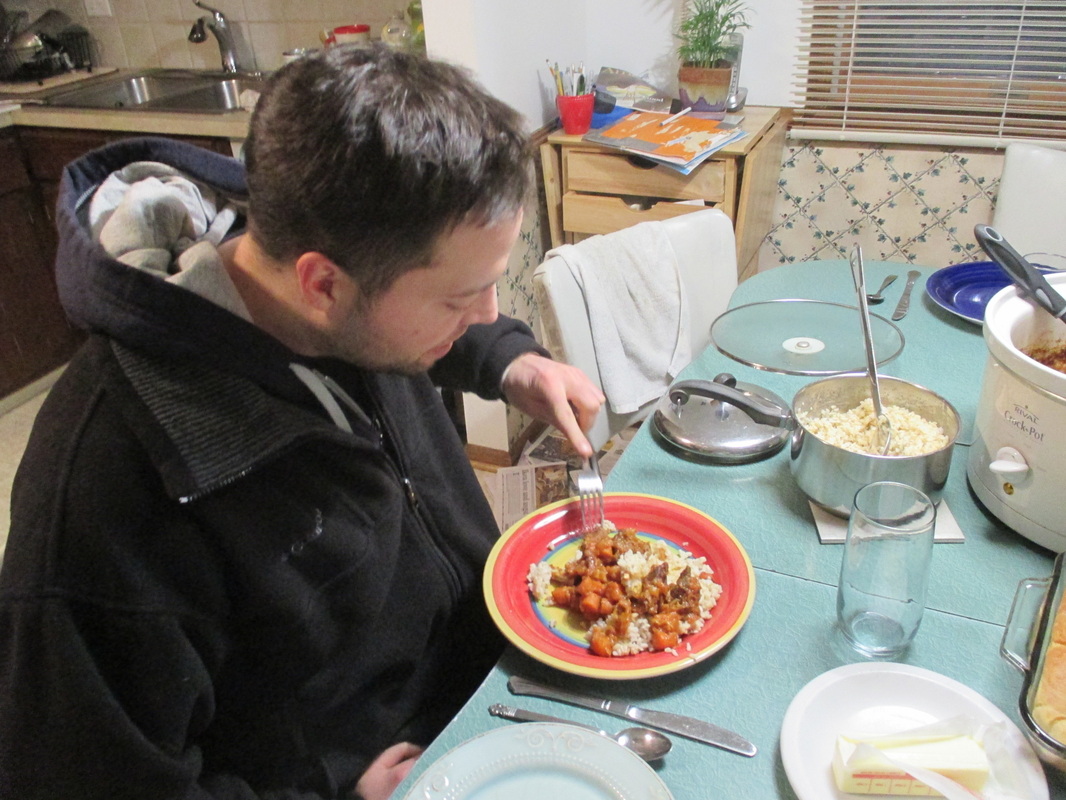
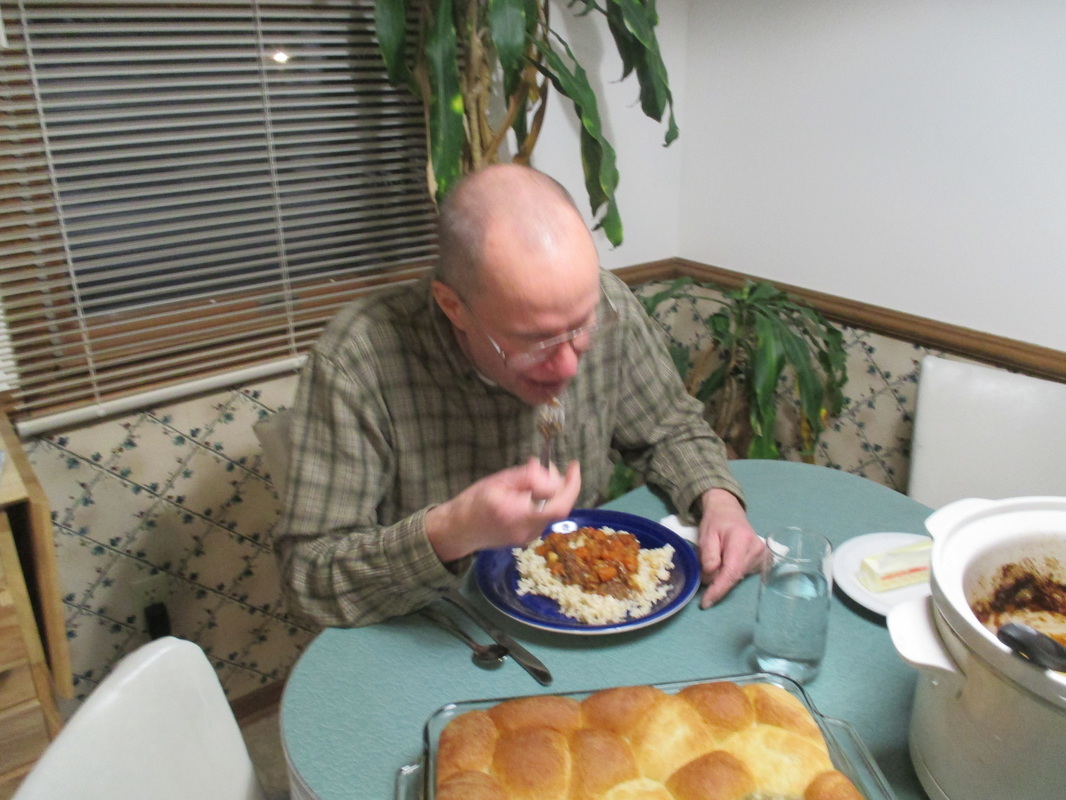
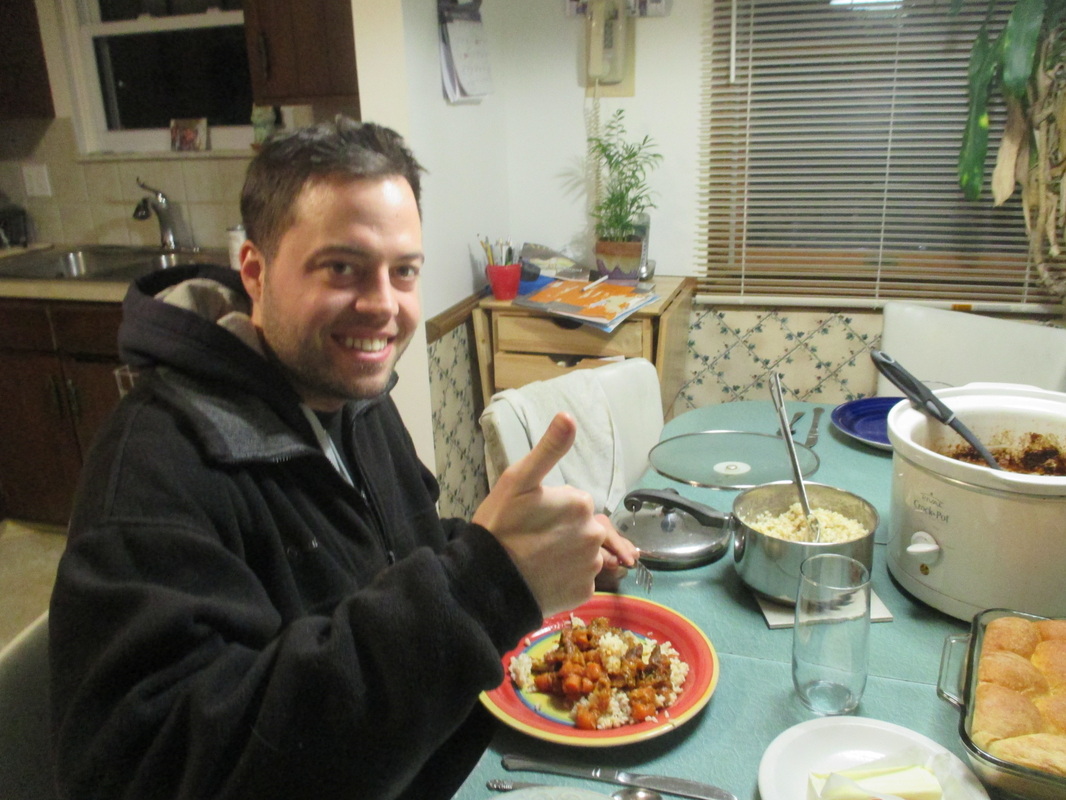
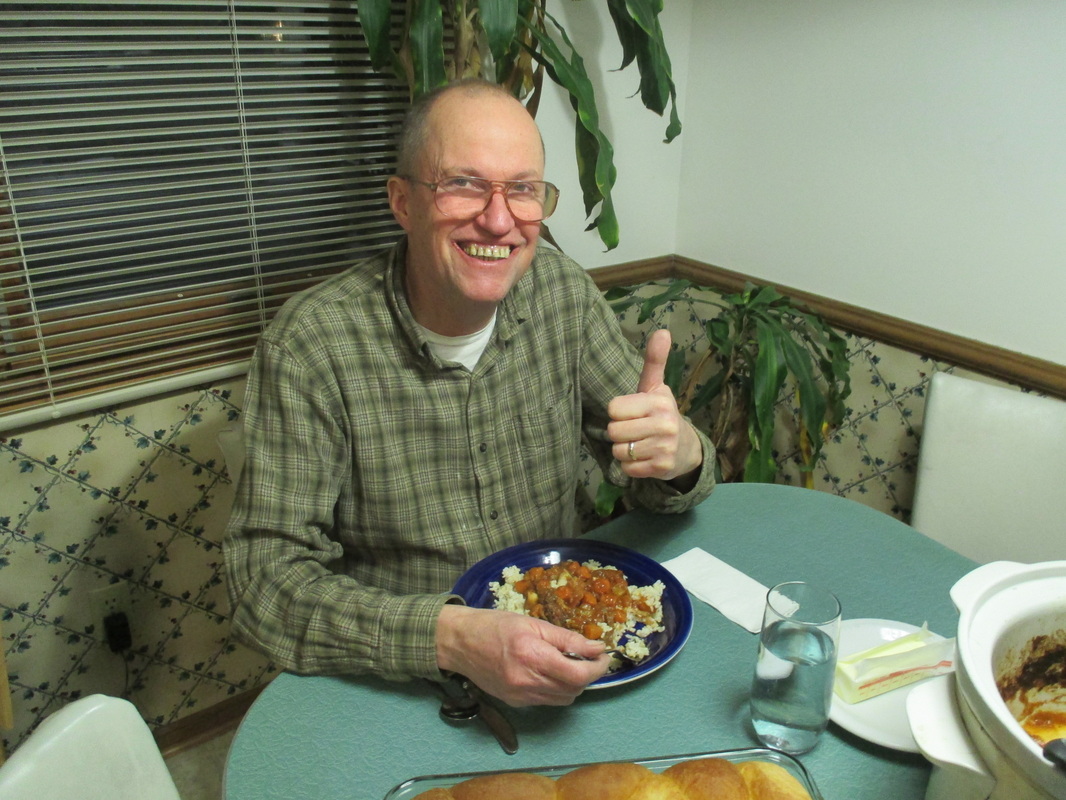



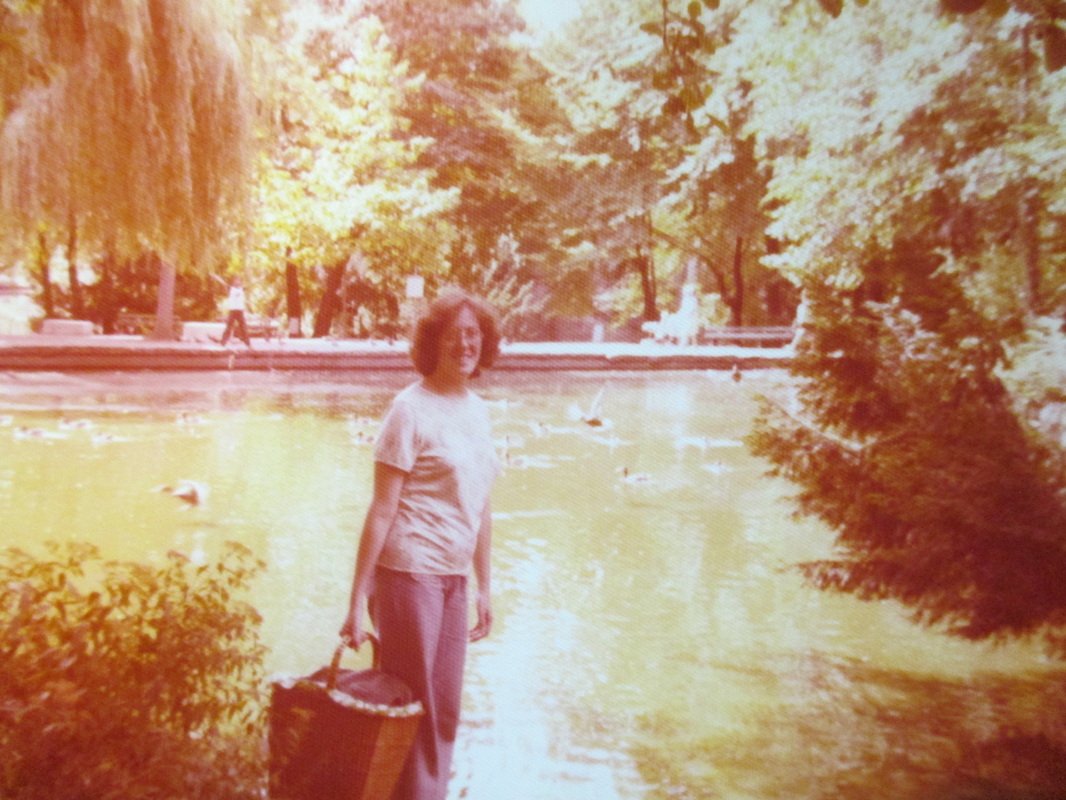



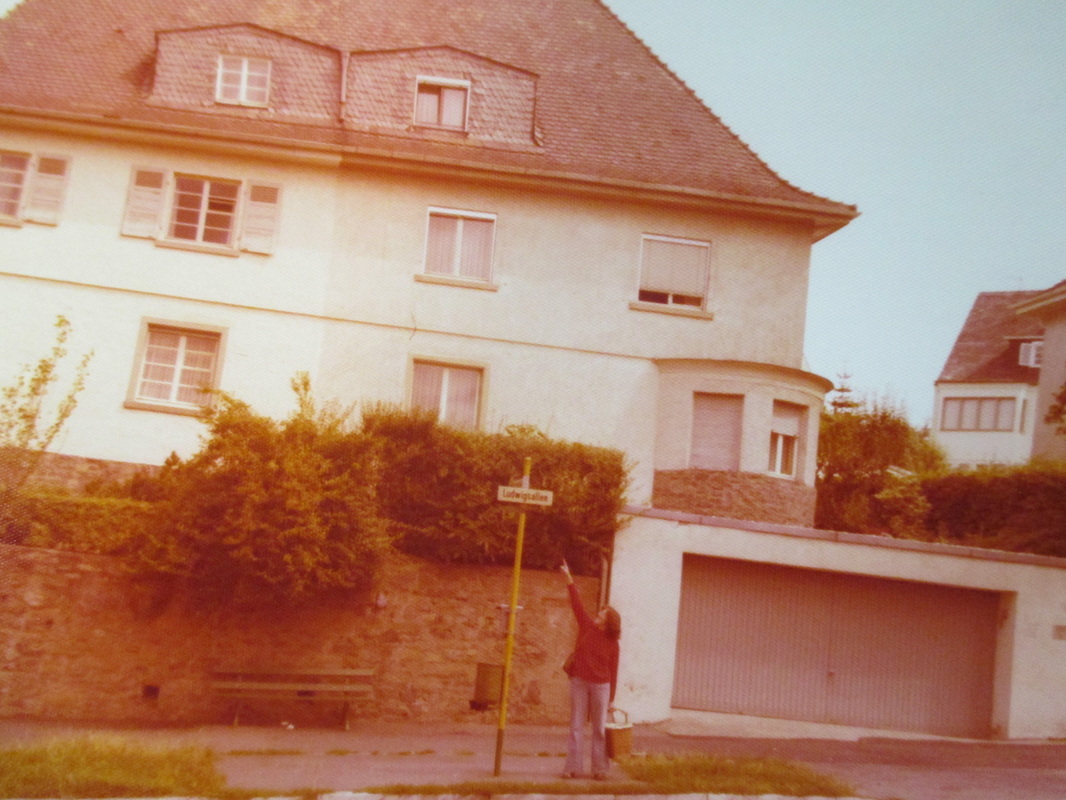
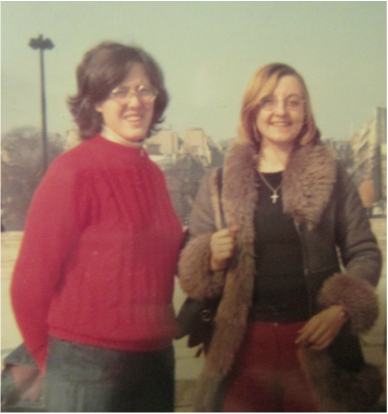

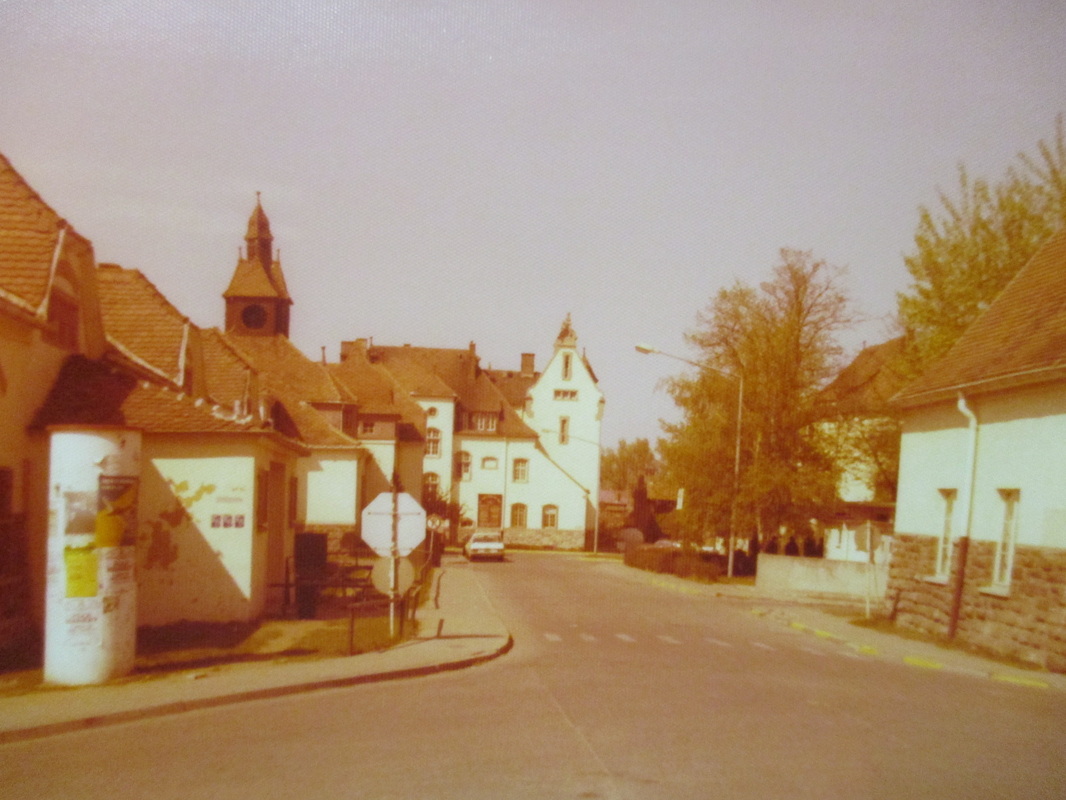
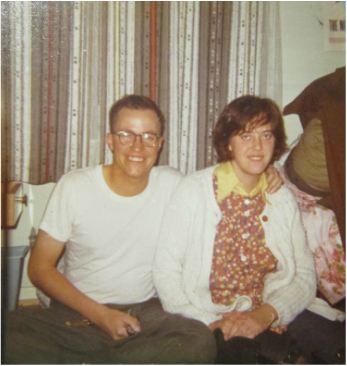
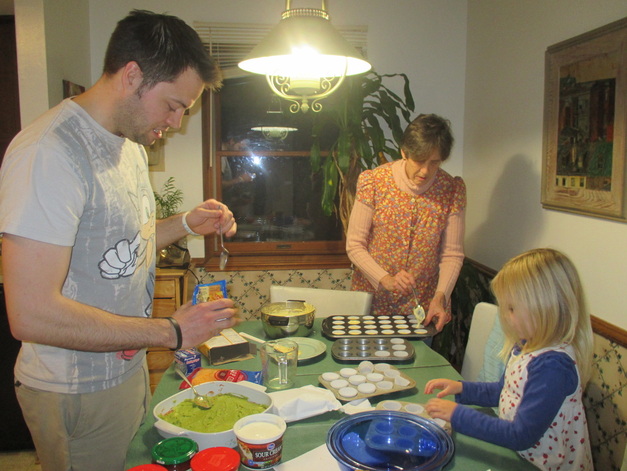
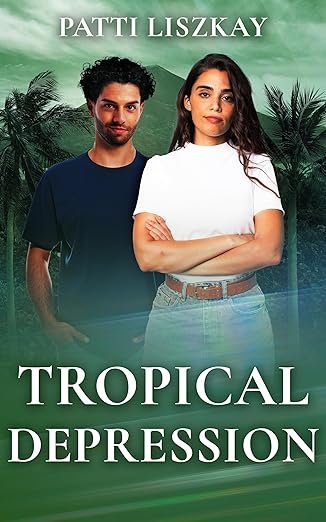


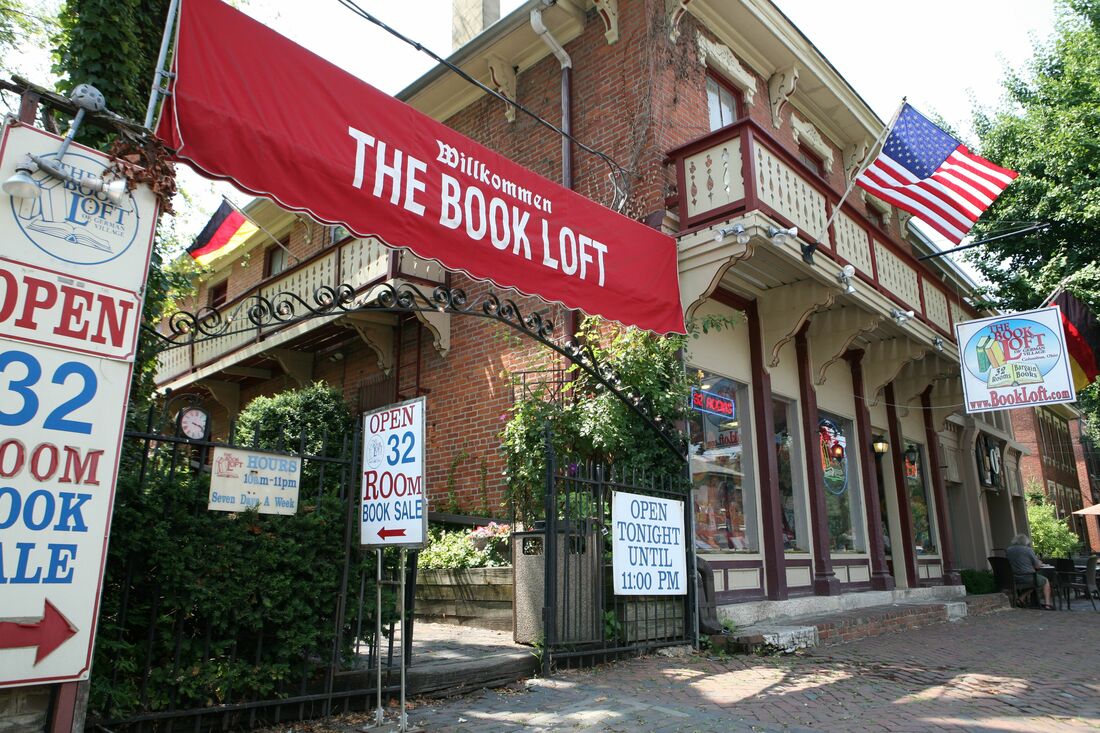
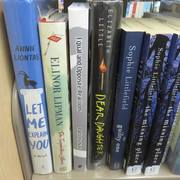
 RSS Feed
RSS Feed